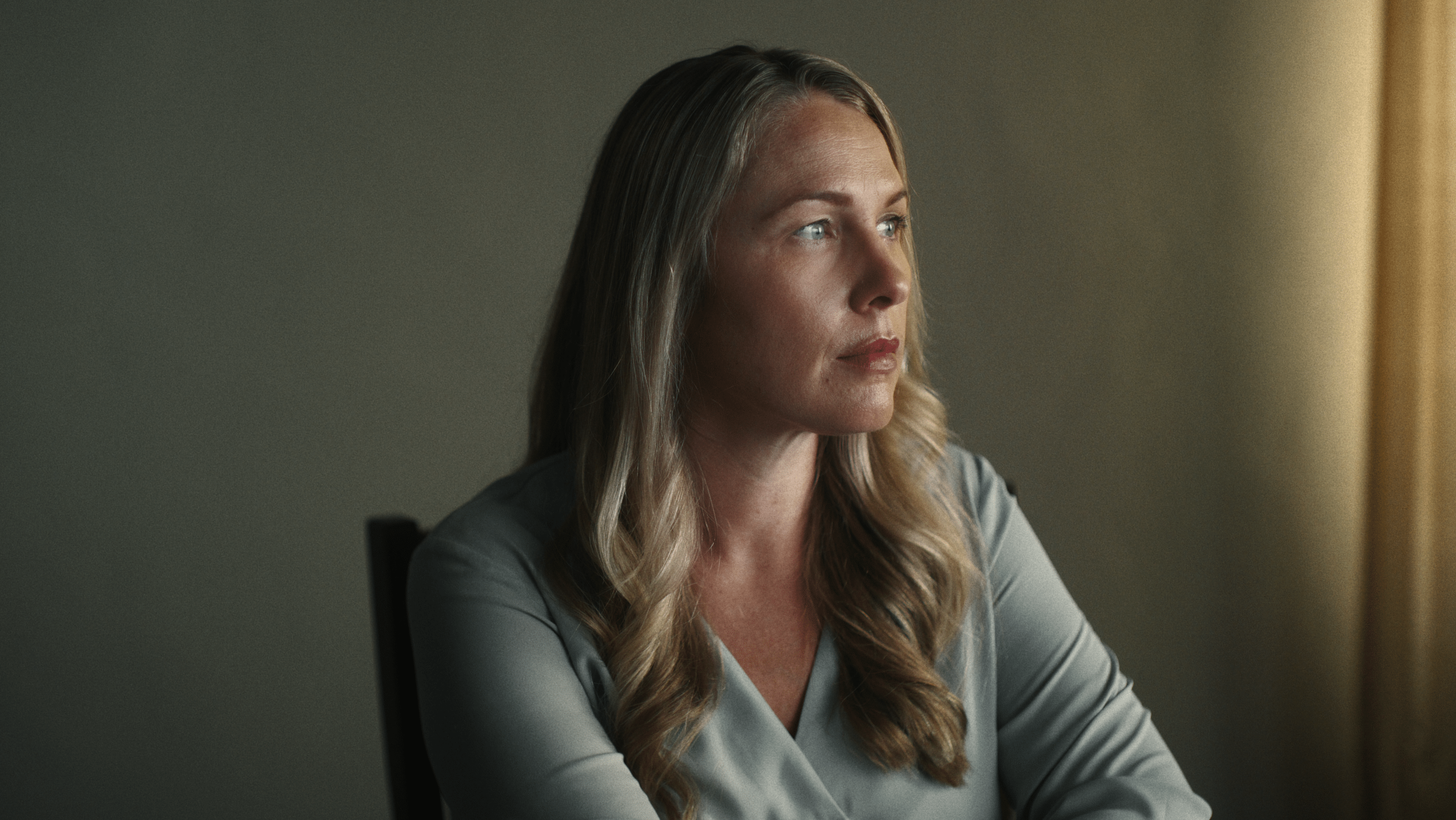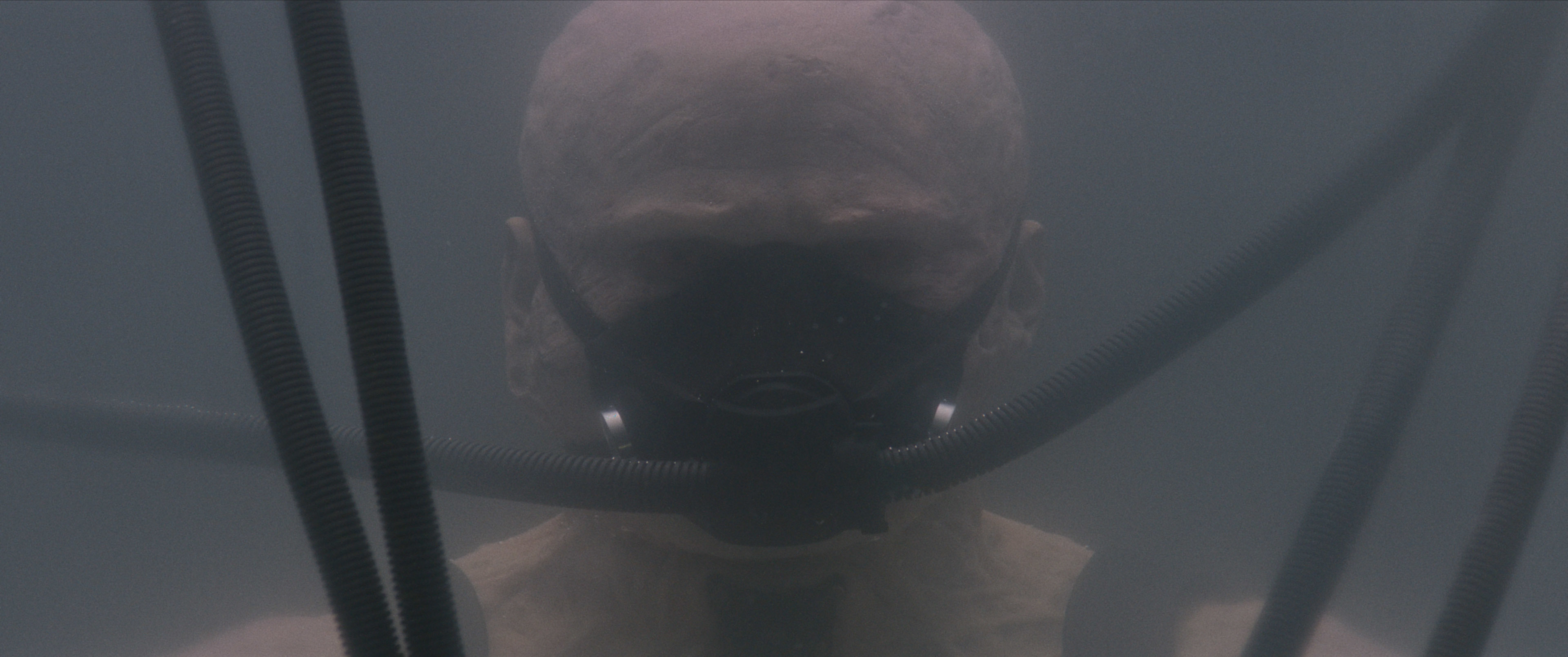‘American Nightmare’ Review: Netflix Docuseries Captures the Truth Behind the “Gone Girl” Case
A few minutes into the first episode of American Nightmare, the new Netflix crime docuseries from Felicity Morris and Bernadette Higgins, Aaron Quinn is retelling to the interviewers his account of what happened in March 2015. As he naïvely looks back at what happened in the first few hours after a group of kidnappers took away his girlfriend in their sleep, he utters the magic words: “I trust the police.” Even though Quinn is able to convey the innocence of that line, there was just something about it that stuck out to me when watching it for the first time, a Chronicle of a Death Foretold but without the fanfare. That sixth sense turned out to be right, as the series soon explained.
There’s a little bit for everyone in the series, which is currently streaming on Netflix. It tells the true story of the “Gone Girl” case, a kidnapping incident that happened in Vallejo, California, back in March 2015, a few months after David Fincher’s Gone Girl came out in theaters. (Spoiler alert for the film, in this review and in the docuseries.) In the real-life case, just like in the movie, we have the male partner realizing his girlfriend/wife has disappeared. The police initially tell Aaron they’re focusing on him as a victim, before treating him as a suspect and grilling him in his dire state; but the tables flip when Aaron’s girlfriend, Denise, shows up without anyone paying the $15,000 ransom. In the movie, Rosamund Pike’s character also returned under similar circumstances, but it turned out she had faked the kidnapping herself.
The Vallejo PD is now focused on Denise as the perpetrator, and is not only refusing to investigate other suspects, but is treating the couple as grifters, both in private and also in public, turning the media (and thus the country) against them. American Nightmare is all about questioning our rush to judgment and the media’s role in that tendency of our society. I don’t mean to reveal the whole story, but obviously, there’s more than meets the eye at first. Viewers interested in true crime stories will certainly find a lot of enjoyment in American Nightmare, which packs in enough twists and turns to keep us always on the edge, yet also has something to say about the media, and even most importantly, American police.
The all-too-generic title of the docuseries certainly leaves it open to be applied to any of the many topics it touches on, but if I were to pick one it applies the most to, it’d definitely be the nightmare of going to the police hoping to get help during the worst day of your life and getting it all turned around in your face, in a way where you’re now the suspect of the crime you’re still suffering PTSD from. Or, taking it from Denise’s perspective, having the police tell the entire country you’re a liar when you’re finally ready to admit you’ve been raped.
And yet, there is something that feels strangely off about having the real-life Denise and Aaron relive these painful memories in front of a camera, whether it’s for the right reasons or not. It’s even awkward to watch these two people “paraded around” (and I do acknowledge that the filmmakers had the best of intentions when making American Nightmare) and treated as the tokens they so adamantly wanted to not become back in 2015. Even Denise’s brother has a moment in the first episode where he awkwardly confesses “Yeah, I didn’t trust that guy at first” when discussing Aaron after they found out Denise had been kidnapped came off completely forced, as if the filmmakers needed something to incite doubt in the viewer right away, and the best way to do it would be through Denise’s family — it didn’t work.
All three episodes of American Nightmare clock in at a combined runtime of around two hours, which is why it feels so strange that they actually decided to go for the miniseries format, as opposed to a two-hour documentary. Especially on Netflix, where it all drops at once and each episode starts playing automatically after the previous one ends, there is no practical reason to have them all separate — other than maybe qualify for this or that awards ceremony. And though there’s certainly a lesson or two to be taken out of the docuseries, and not to diminish the actual, horrific, events that took place, it doesn’t feel big enough to justify the format. Think that Three Identical Strangers was a 90-minute film. Somewhere in here, there’s a better version that doesn’t go past the hour-and-a-half mark. (But, to set the record straight, for what it is, the show worked for me even if there are some aspects of it that put me off.)
All three episodes of American Nightmare are currently streaming on Netflix.
Miguel Fernández is a Spanish student that has movies as his second passion in life. His favorite movie of all time is The Lord of the Rings, but he is also a huge Star Wars fan. However, fantasy movies are not his only cup of tea, as authors like Scorsese, Fincher, Kubrick or Hitchcock have been an obsession for him since he started to understand the language of filmmaking. He is that guy who will watch a black and white movie, just because it is in black and white.








